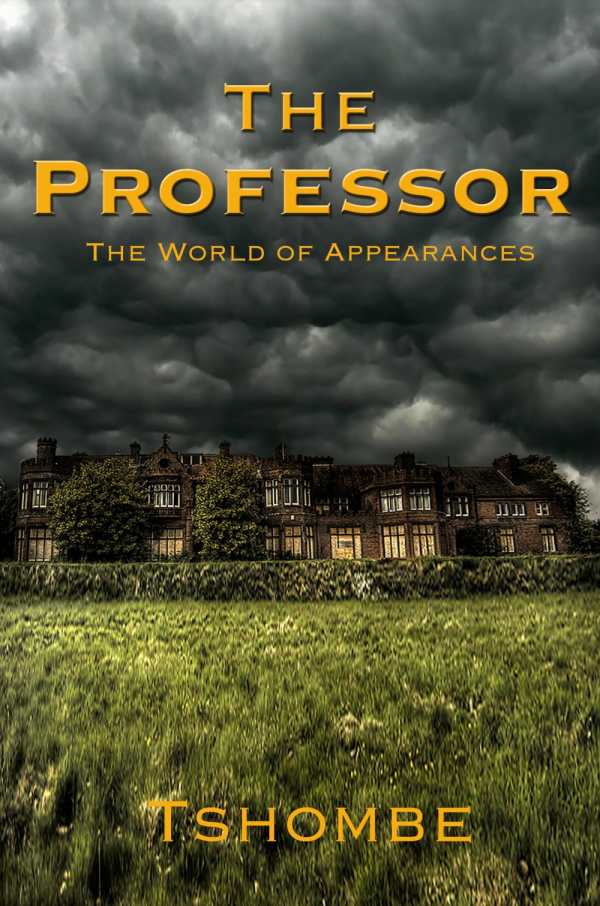The Professor
The Professor is an intriguing combination of thriller and philosophy.
In Tshombe’s The Professor, madness and genius run through a world filled with secrets. The eponymous professor, Adam, is an enigmatic man who philosophizes freely to a group of select students as layers of a conspiracy are slowly uncovered. At first more textbook than novel, The Professor soon picks up its pace, finally crashing to an unexpected ending.
The novel starts as the professor selects five students for his class, settling on an assorted group who are willing to study the meaning of life and the universe in a way he approves of. His choices range from Traci Thick, a pretty but insecure young woman, to Daniel LaDay, a young man from a wealthy family who “enjoyed the Viking pleasures of life: women, drink, and competition.” The professor enlists the group to help review the case of Maria, who was put into a mental asylum after she went into “another dimension of perception.” But the professor has secrets of his own, including a past as a scientist who worked on a secret government cloning project, and the fact that, unbeknownst to the students, Maria is his wife.
The professor at times comes off as condescending and judgmental, especially early in the novel when he is sizing up the students in his class, questioning their beliefs, and quickly assessing what sorts of boxes they fit into. His opinion of his own intellect and philosophy is astronomically high, and there is a smugness about his wisdom that seems to contradict the struggles that he has undergone.
The text at first also seems less like a thriller and more like a philosophical treatise on the “truth” the professor has discovered, with the narrative serving as a veneer to structure and display this philosophy. Many of his sayings are bite-size and quotable, even trite, such as, “The past is created and the future is formless. This moment is the true form of existence.” However, as the novel continues on, this changes, with twists and turns that grow more and more outlandish, including a discussion of missing family members, unlocking powers, a Supreme Mother, and a few forays into sadomasochism.
Tshombe’s work seems designed to question the roles of narrative and philosophy, slipping between both and thwarting assumptions in every chapter. The novel is experimental, and would appeal to those not only interested in its intricate philosophy, but in the layers and questions embedded within. Ultimately, Tshombe seems to use the novel not to set forth this complex series of ideas, but to question them, so that the professor’s comments on the ignorance of the masses, the fleeting nature of time, and the presence of hidden truth take on a different meaning. The professor’s words—and subsequent fate—haunt long after the novel is through: “I am plagued by understanding.”
Reviewed by
Stephanie Bucklin
Disclosure: This article is not an endorsement, but a review. The publisher of this book provided free copies of the book and paid a small fee to have their book reviewed by a professional reviewer. Foreword Reviews and Clarion Reviews make no guarantee that the publisher will receive a positive review. Foreword Magazine, Inc. is disclosing this in accordance with the Federal Trade Commission’s 16 CFR, Part 255.

